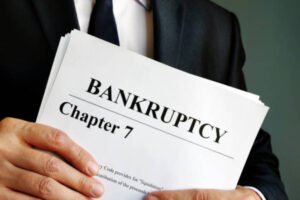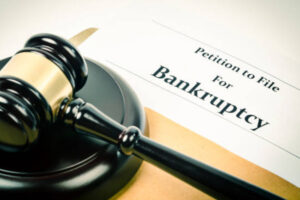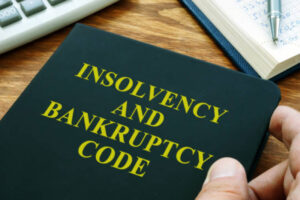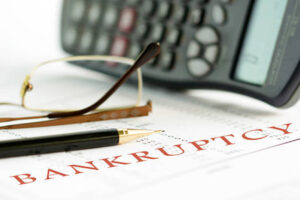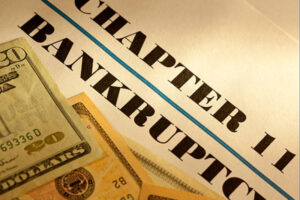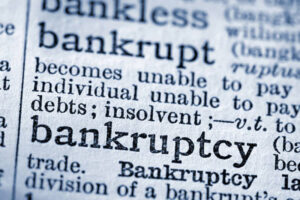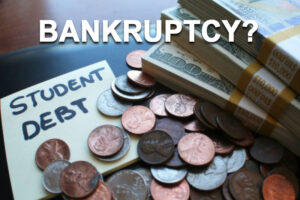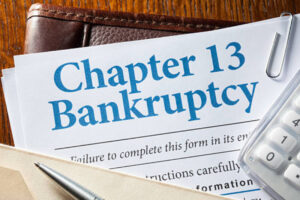How much does bankruptcy cost? Most bankruptcy cases require legal assistance, which can add up.
Whether you choose a Chapter 7 or a Chapter 13 bankruptcy, there are numerous fees associated with filing.
In addition to court costs, attorneys’ fees vary by state and lawyer. A bankruptcy attorney in Manhattan will likely charge more than a bankruptcy lawyer in a small rural town.
In general, bankruptcy attorneys’ fees are typically between six and nine hundred dollars, depending on the complexity of the case and the type of attorney.
The costs of filing bankruptcy may also vary greatly, depending on the chapter of the case you file. The type of chapter you choose is crucial, and an attorney can advise you on the best chapter for your situation.
In general, Chapter 7 bankruptcy costs around $245. The process involves selling your assets to pay off debts. Chapter 7 bankruptcy is designed for low-income individuals who meet a complicated means test.
Chapter 13 cases tend to be more expensive than Chapter 7 filings. Chapter 13 fees typically range between $1,000 and $3,750. Attorneys’ hourly rates depend on how complicated your bankruptcy is.
You should consult with several lawyers before deciding on an attorney. The fees are generally public record and can be obtained by using the federal PACER website. You must pay a small fee to download this information.
Besides court fees, the cost of credit counseling is another big part of the total bankruptcy cost. Bankruptcy laws can be complex, and if you aren’t familiar with them, you could lose your property and income.
Having sound legal counsel will increase your chances of a favorable outcome. The cost of hiring a bankruptcy attorney depends on the complexity of your case and location. This is why it is critical to hire a bankruptcy attorney.
In addition to court filing fees, bankruptcy attorneys charge for credit counseling. Hiring a bankruptcy attorney will likely increase your total cost.
However, bankruptcy attorney fees can be waived in certain situations. While it’s still possible to file for bankruptcy without an attorney, it is crucial to hire a professional.
Without an attorney, you could make a mistake that could result in a dismissal of your case.
Attorney fees can also add up quickly, and you should consider your income level when choosing a bankruptcy attorney.
You can also look for a free bankruptcy attorney by contacting your state’s bar association. Many firms require their attorneys to take on pro bono work on 10 to 15 percent of their caseloads.
The court may even offer you free legal services or waive the filing fee if you are on a fixed income.
As you can see, bankruptcy costs can vary greatly. The most expensive part of the bankruptcy filing process is the attorney’s legal fees. The law is complicated, and not understanding it fully can lead to disastrous consequences.
A bankruptcy lawyer can often negotiate a payment plan that works for you.
If you don’t have the money to pay for an attorney, consider hiring a petition preparer who will do the paperwork for a small fee. These professionals cannot provide legal advice and may trigger the automatic stay in your case.
An automatic stay is a provision in United States bankruptcy law that temporarily prevents creditors, collection agencies, government entities, and others from pursuing debtors for money that they owe.

